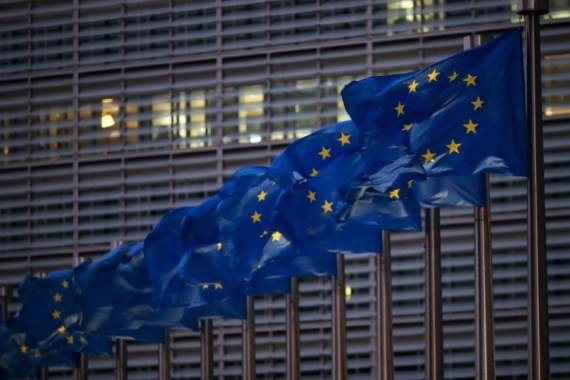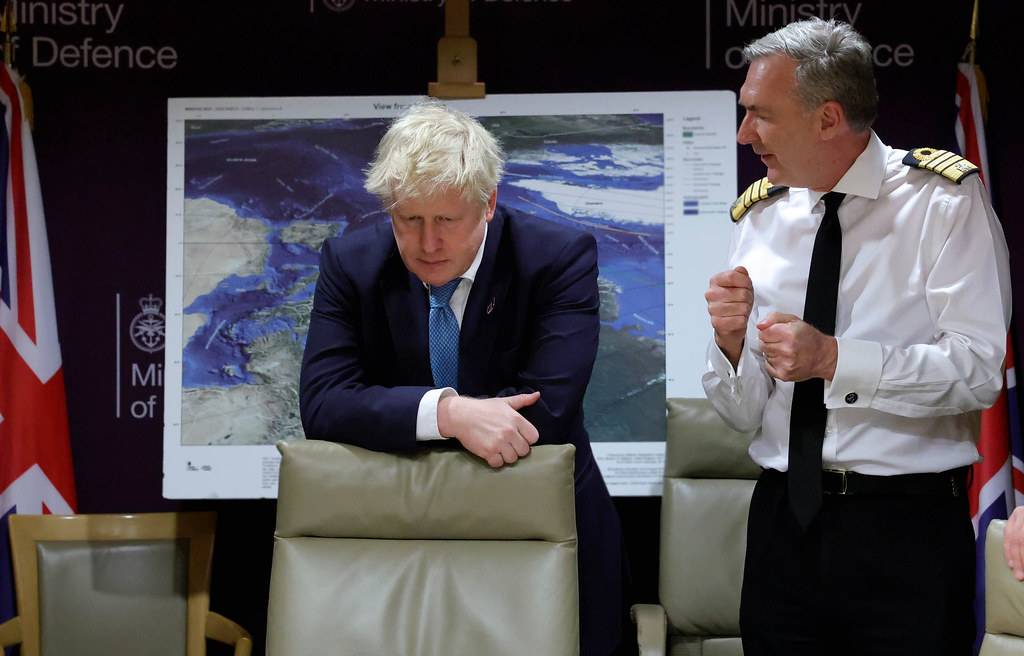The new legislation will ensure that changes can be made more easily, so that the UK can capitalise on Brexit freedoms more quickly…reports Asian Lite News
The new legislation will ensure that changes can be made more easily, so that the UK can capitalise on Brexit freedoms more quickly…reports Asian Lite
Prime Minister Boris Johnson will on Monday announce a ‘Brexit Freedoms Bill’ to make it easier to remove or amend European Union regulations that were copied into the country’s law before it left the bloc.
To avoid uncertainty and confusion as Britain extricated itself from the EU after 40 years, the government automatically allowed thousands of EU laws and regulations to apply in Britain after Brexit.

Under current rules, reforming and repealing the EU law would take several years, the government said on Monday. It said the new legislation would facilitate changes to ensure the regulations better suit Britain.
“Our new Brexit Freedoms Bill will end the special status of EU law in our legal framework and ensure that we can more easily amend or remove outdated EU law in future,” Johnson said in a statement.
The government said it would also publish a policy document on how it plans to use the opportunity of its EU exit, which formally took place two years ago on Monday, to make changes to its regulatory framework and to cut red tape.
The plans, it said, will include establishing a data rights regime, improving public procurement, setting up a domestic subsidy control regime to support the UK economy and reducing reporting burdens for small and medium-sized companies.
Surveys of British companies and official data have shown many companies, especially exporters, have found Brexit challenging.
Many EU laws kept on after Brexit were agreed as a messy compromise between 28 different EU member states and often did not reflect the UK’s own priorities or objectives – nor did many receive sufficient scrutiny in our democratic institutions.
Having regained our independence, we can now ensure that our regulations are tailor-made to the UK’s own needs. However, under current rules, reforming and repealing this pipeline of outdated EU law would take several years because of the need for primary legislation for many changes, even if minor and technical.
The new legislation will ensure that changes can be made more easily, so that the UK can capitalise on Brexit freedoms more quickly.
The Bill is also expected to end the special status that EU law still enjoys in our legal framework. Despite our exit from the bloc, EU laws made before 1 January 2020 continue to have precedence in our domestic framework. This is simply not compatible with our status as a sovereign, independent country and the government will bring it to an end as quickly as possible.
Officials across government are currently reviewing all EU retained laws to determine if they are beneficial to the UK. It is right that people know how much EU-derived law there is and how much progress government is making to reform it, so the government will make this catalogue public in due course.
The Prime Minister, Boris Johnson, said, “Getting Brexit Done two years ago today was a truly historic moment and the start of an exciting new chapter for our country. We have made huge strides since then to capitalise on our newfound freedoms and restore the UK’s status as a sovereign, independent country that can determine its own future. The plans we have set out today will further unleash the benefits of Brexit and ensure that businesses can spend more of their money investing, innovating and creating jobs. Our new Brexit Freedoms Bill will end the special status of EU law in our legal framework and ensure that we can more easily amend or remove outdated EU law in future”.
Meanwhile, Attorney General, Suella Braverman, said, “Setting up a mechanism to deal with these legacy EU rules is essential. It underpins our ability to grasp important opportunities provided by Brexit. It means we can move away from outdated EU laws that were the result of unsatisfactory compromises within the EU, some of which the UK voted and lobbied against – but was required to adopt without question. These rules often had limited meaningful parliamentary scrutiny, and no democratic legitimacy in the UK at all. It is vital that we take the steps necessary, in this Parliament, to remove unnecessary rules altogether, and where regulation is needed, ensure that it meets the UK’s objectives. This work is key to us taking charge of our regained sovereignty which the British people voted for in 2016 and 2019”.
ALSO READ-Boris warns Russia against ‘catastrophic invasion’














